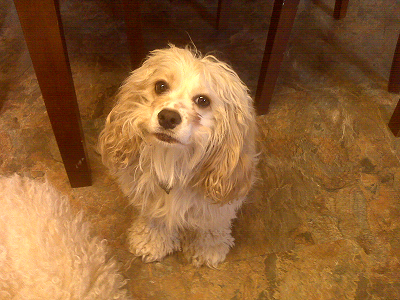We're often asked by our customers to tidy up their writing and enhance their style. One client put it this way: "Will you please make this letter sing?" His document was actually a proposal in letter form. Well, our editors made it 'sing,' and the client got the deal! Editing is not simply a matter of correcting spelling errors. Indeed, there are wordings that to the casual observer and author may seem fine, but to the critical-minded addressee can seem outlandish, verbose, or just plain wrong. These errors convey subtle, yet important, messages, and quietly leave the impression of sloppiness or inexperience. Not everyone will notice, but those who do are probably the people you are trying to reach and influence. They are people who can make or break your proposal.
For example, when we see the phrase the reason is because, our alarms sound. We take action. Here's why:
Anyone answering the question For what reason? would naturally say For the reason that . . ., not For the reason because . . . But when reason is the subject of a declaration, with or without a verb wedged between reason and what follows, there is a strong temptation to substitute because for that. The substitution, besides being a breach of idiom, is an obvious redundancy: because = for the reason that. Therefore The reason is because means The reason is for the reason that. Typical instances:
- The reason for nominating him is because (that) he commands the pacifist vote.
- The reason for this return is not because of feeding problems. (omit because of)
- A psychiatrist suggested that the reason Hamlet could not kill his uncle was because he himself had wanted to kill his father. (omit the reason and was)
- One of the reasons the Simplestix party is in trouble today is because ... we have allowed people to criticize our policies and we have not stood up and answered effectively. (replace because with that)
Substituting that for because will generally restore grammar; but, as some of the examples show, it may result in a wordiness that requires attention. He was nominated because and He was nominated for the reason that are correct equivalents, but the second is labored.
Source: Modern American Usage, edited by Jacques Barzun, 1966. (Despite the book's title, our tip applies to UK and Canadian English as well as American English.)







